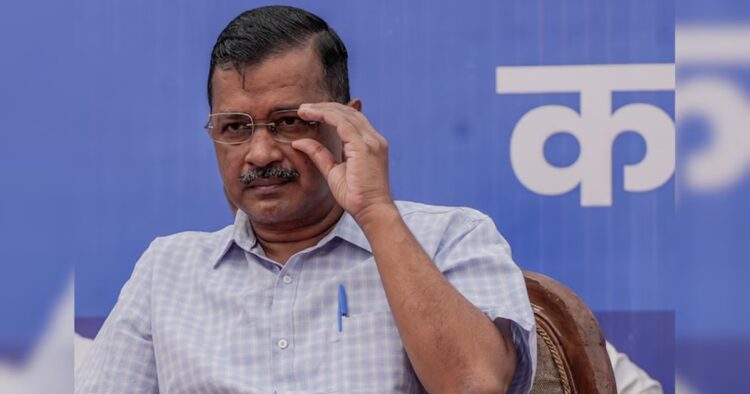The Supreme Court has granted Delhi Chief Minister Arvind Kejriwal interim bail until June 1, coinciding with the final phase of the 2024 Lok Sabha elections.
This decision follows Kejriwal’s arrest by the Enforcement Directorate on March 21 in connection with an alleged liquor excise policy scam in Delhi, leading to his confinement in Tihar Jail. However, the Chief Minister must surrender to prison officials by June 2 as per the court’s order.
Kejriwal’s legal team had requested bail until July, after the election and the formation of the new government. However, the Supreme Court rejected this plea, elaborating that a difference of 21 days in his release date wouldn’t significantly impact the situation.
The court firmly stated that it would not compare Kejriwal’s case with others and emphasized the brevity of the release period. The court stated, “For one-and-a-half years he was there… he could have been arrested before or after (the election) also. Whatever it is, 21 days here or there should not make any difference”.
Despite acknowledging the short duration of the bail, the Supreme Court imposed strict conditions on Kejriwal’s activities during his release. These conditions likely include limitations on his movement and activities outside of campaigning for the Lok Sabha elections.
ALSO READ: “Delhi Chief Minister Arvind Kejriwal Gets Interim Bail Till June 1”
The court’s decision comes amidst ongoing legal proceedings and heightened political activity leading up to the elections.
5 bail conditions Supreme Court has placed on Arvind Kejriwal:
(1) The Delhi Chief Minister Arvind Kejriwal is required to provide bail bonds worth Rs 50,000, along with one surety of the same amount, which must satisfy the Jail Superintendent.
(2) Arvind Kejriwal is prohibited from visiting the Chief Minister’s Office and the Delhi Secretariat.
(3) He shall be bound by the statement made on his behalf that he shall not sign official files unless it is required and necessary for obtaining clearance/approval of the Lieutenant Governor of Delhi (LG) VK Saxena.
(4) Delhi Chief Minister Kejriwal is instructed not to make any comments regarding his involvement in the ongoing case, specifically the Delhi liquor policy case, for which he was arrested by the Enforcement Directorate on March 21.
(5) Arvind Kejriwal is prohibited from interacting with any of the witnesses and/or having access to any official files connected with the Delhi liquor police case.
The Supreme Court’s decision to grant interim bail to Arvind Kejriwal until June 1 allows him to engage in campaigning for the Lok Sabha elections.
However, this release is subject to stringent conditions imposed by the court, underscoring the complexities surrounding his legal situation amidst the political landscape.

















Comments